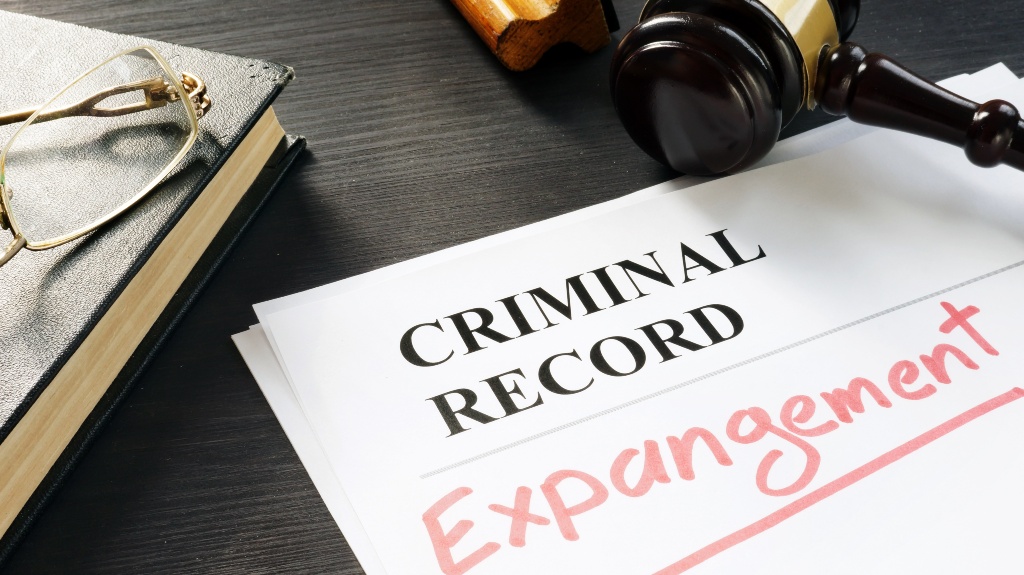
If you have a criminal record in Indiana, it can feel like a heavy burden — one that follows you into job interviews, housing applications, and even social situations. Fortunately, Indiana law allows many people to seek expungement, which seals or removes certain criminal records from public view. However, one of the most common questions people ask is: How long does the expungement process take?
The answer depends on several factors, including the type of offense, the length of time since your conviction, and whether any objections or complications arise during the process. Here’s what you need to know about the time it takes to expunge a record in Indiana and what to expect from start to finish.
Understanding Indiana’s Expungement Law
Indiana’s expungement law is outlined in Indiana Code § 35-38-9. It allows individuals to petition to seal or expunge arrests, charges, and certain convictions if they meet specific eligibility requirements. This law is sometimes referred to as Indiana’s “Second Chance Law” because it gives individuals the opportunity to move forward without the constant barrier of a criminal record.
General Timeline of the Expungement Process
Typically, the expungement process in Indiana lasts between three and nine months, from start to finish. However, this timeline is not set in stone. It may vary, being either shorter or longer, based on the specifics of each case.
Here’s a breakdown of what to expect:
Eligibility Review (1–2 weeks)
Before anything can be filed, your attorney will review your criminal history to determine if you’re eligible. This includes checking the type of offense, the date of conviction, whether you’ve completed your sentence, and whether you’ve stayed out of trouble since then.
Gathering Records and Documentation (2–4 weeks)
To file a successful petition, your lawyer must obtain all relevant court documents, police reports, and other records. This step can take time, depending on the ease of access to records from various agencies.
Filing the Petition (1–2 weeks)
Once all the paperwork is ready, your attorney will file your expungement petition in the appropriate county. A copy of the petition must also be served to the prosecutor’s office.
Prosecutor Review and Court Scheduling (4–12 weeks)
After filing, the prosecutor has a chance to review the petition. In many cases, especially for non-violent or low-level offenses, the prosecutor is unlikely to object. However, if they do, it could delay the process and lead to a hearing.
Some counties move faster than others, and scheduling a court date — if one is required — can be delayed depending on the court’s calendar.
Court Hearing (if applicable)
Not all expungement petitions require a hearing. If your case is straightforward and the prosecutor does not object, the judge may approve it without needing a hearing. If a hearing is held, your attorney will present your case and explain why you qualify for expungement.
Judge’s Decision and Record Update (2–6 weeks)
Once the judge signs the expungement order, it is sent to various state and local agencies, including law enforcement and court records offices. These agencies then update your records to reflect the expungement. This final step can take several weeks to complete.

What Can Delay the Process?
A few common issues can slow down an expungement:
- Incomplete or missing records
- Prosecutor objections
- Incorrect filing or paperwork
- Requests for additional documentation
- Backlogged court dockets
Having an experienced attorney manage your expungement can help prevent unnecessary delays and ensure the petition is filed correctly on the first attempt.
Take the First Step Toward a Clean Slate: Contact Our Legal Team Today
If you’re considering expungement, patience is key — but the long-term benefits can be life-changing. Whether it takes a few months or longer, the result is the same: a second chance at employment, housing, and peace of mind.
At Kaushal Law, we help people across Indiana navigate the expungement process with clarity and confidence. Contact us today for a consultation, and take the first step toward a clean record and a fresh start.
